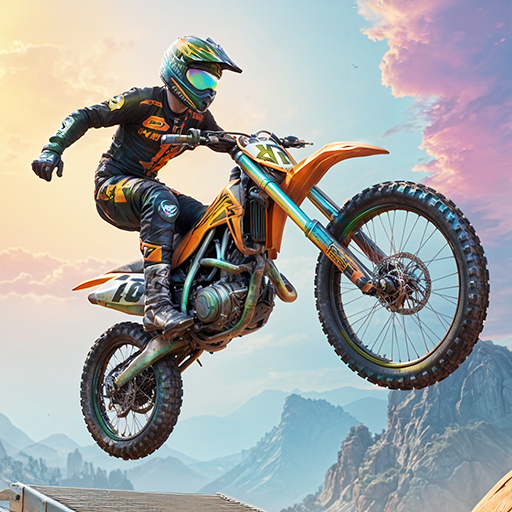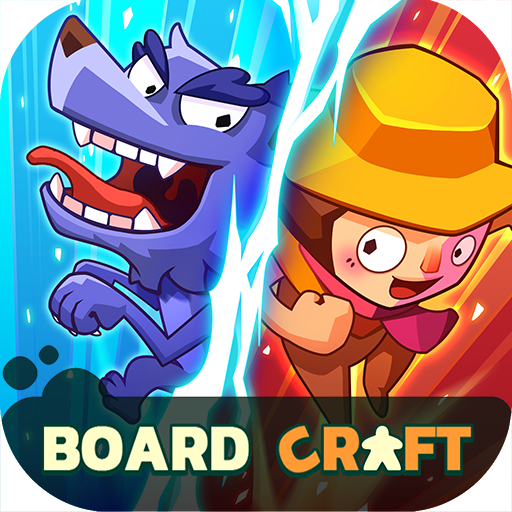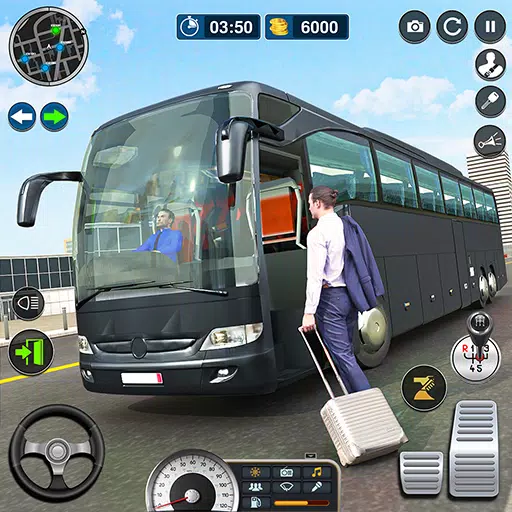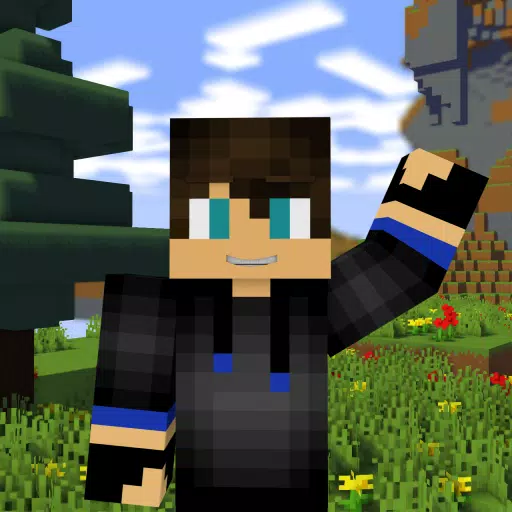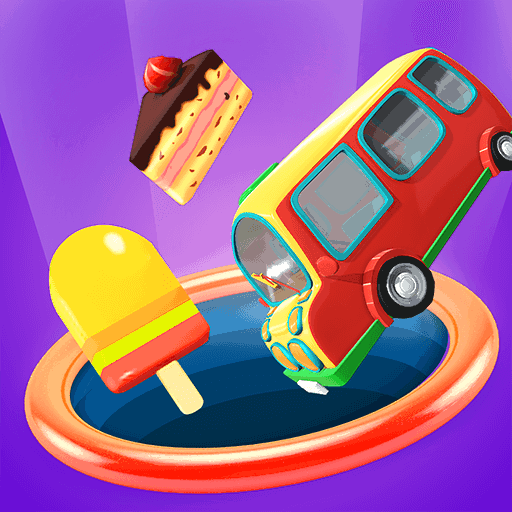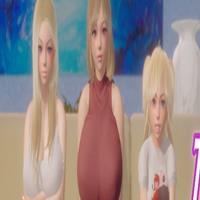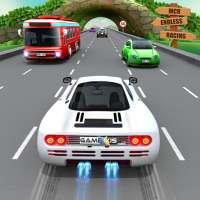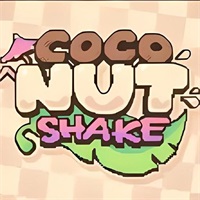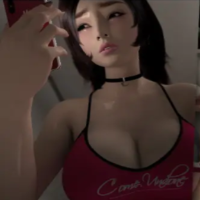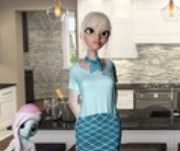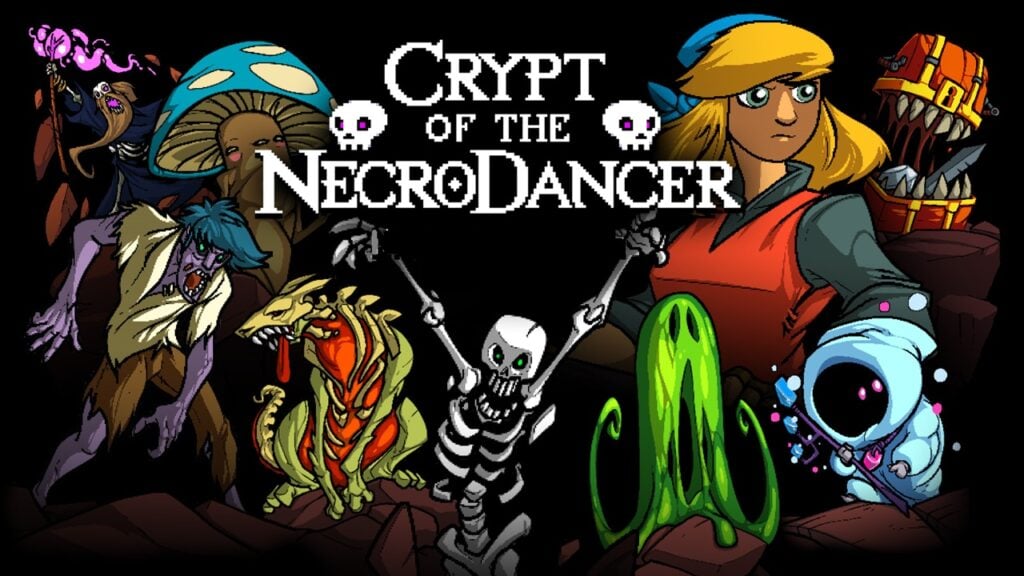The release of *The Elder Scrolls IV: Oblivion Remastered* has sparked a heated discussion around game pricing, particularly in relation to Nintendo’s upcoming Switch 2 and its software lineup. Developed by Virtuos using Unreal Engine 5, the remaster brings a wealth of visual and mechanical upgrades, including 4K resolution, 60 frames per second performance, enhanced character creation, improved combat animations, new dialogue, refined menus, and updated lip-sync technology. Some fans even argue that the depth of these changes qualifies it more as a full remake than a simple remaster. Despite this, Bethesda has clarified why they consider it a remaster.
Priced at $50, the base version of *Oblivion Remastered* includes all previously released DLC, making it a compelling value proposition. This has led many to compare it directly with Nintendo’s pricing for upcoming Switch 2 titles—most notably *The Legend of Zelda: Breath of the Wild - Switch 2 Edition* at $70 and *The Legend of Zelda: Tears of the Kingdom - Switch 2 Edition* at $80. These figures have caused significant backlash, especially when considering that the *Breath of the Wild* Switch 2 Edition does not include the Expansion Pass, requiring an additional $20 purchase for full access.
A Stark Contrast in Pricing Strategy
The enhancements included in the Switch 2 Edition of *Breath of the Wild* are relatively minor—improved visuals and performance, achievements, and integration with the new "Zelda Notes" feature via the Nintendo Switch Online app. However, if you already own the original Switch version, you won’t receive these features automatically; you must upgrade. For those without the original, purchasing the Switch 2 Edition alone costs $70, but adding the Expansion Pass brings the total to $90—an amount that feels steep for a game originally released in 2017.
This is especially difficult to swallow in light of other high-profile releases like *Mario Kart World*, which carries a surprising $80 price tag, and the Switch 2 console itself, priced at $450. By contrast, *Oblivion Remastered* offers what many consider a superior package—including all DLC—for just $50, and it's also available on Xbox Game Pass Ultimate.
> “Oblivion, a full-blown Unreal Engine 5 remake is $50 and it’s also on Game Pass Ultimate. > Zelda Breath of the Wild Switch 2 edition is $70 with a few enhancements… > I don't know how anybody can defend Nintendo for its Switch 2 game prices.”
This sentiment, shared by a user on Reddit, highlights the growing frustration among consumers who feel Nintendo is overcharging simply because it can. As Dr. Serkan Toto, CEO of Kantan Games, noted, “Nintendo is charging this price because they feel they can and that people will pay.”
What Does This Mean for Consumer Expectations?
While some fans jokingly suggest that Nintendo could take a page from Bethesda’s playbook when it comes to pricing strategy, others believe the company sees no need to adjust. With strong brand loyalty and a dedicated fanbase, Nintendo continues to operate under the assumption that demand will outpace sticker shock. Meanwhile, games like *Oblivion Remastered* set a new benchmark for what players expect in terms of value, especially when major improvements and full DLC inclusion come at a lower cost.
 Home
Home  Navigation
Navigation






 Latest Articles
Latest Articles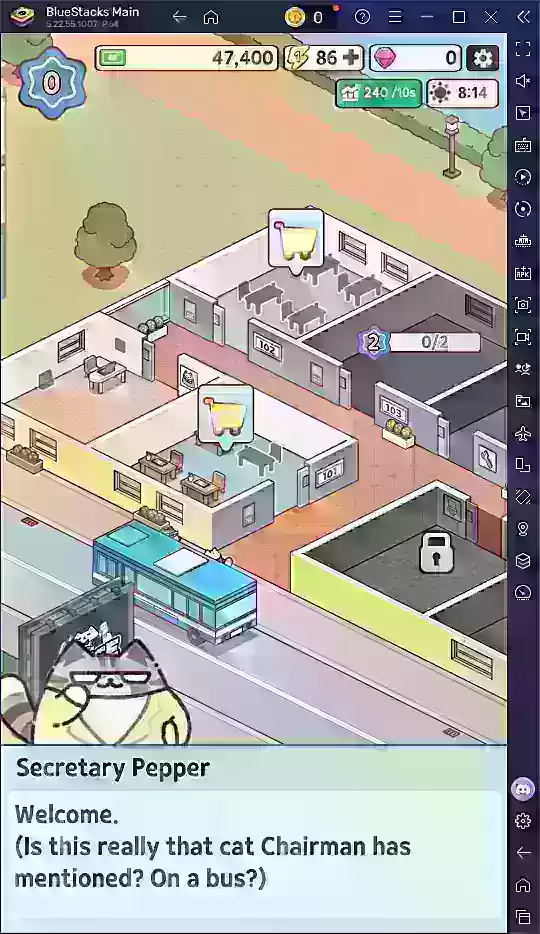
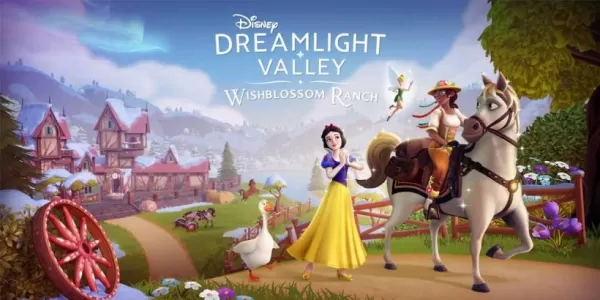
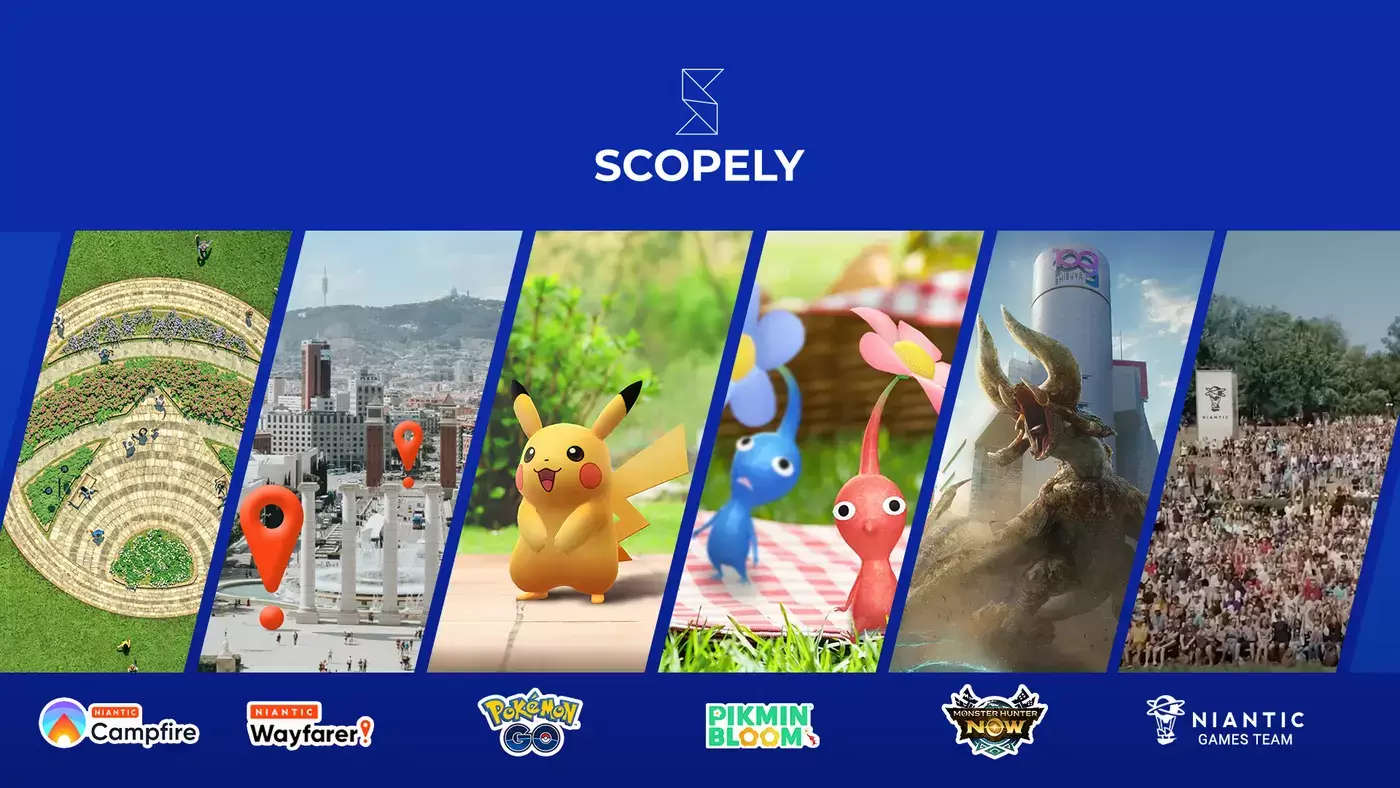
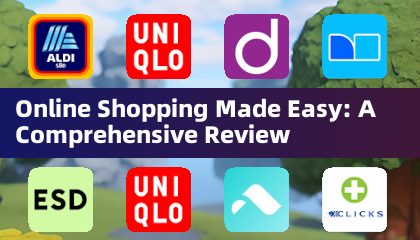



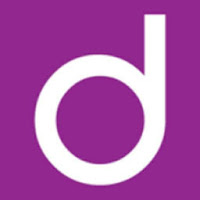
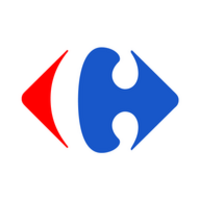


 Latest Games
Latest Games